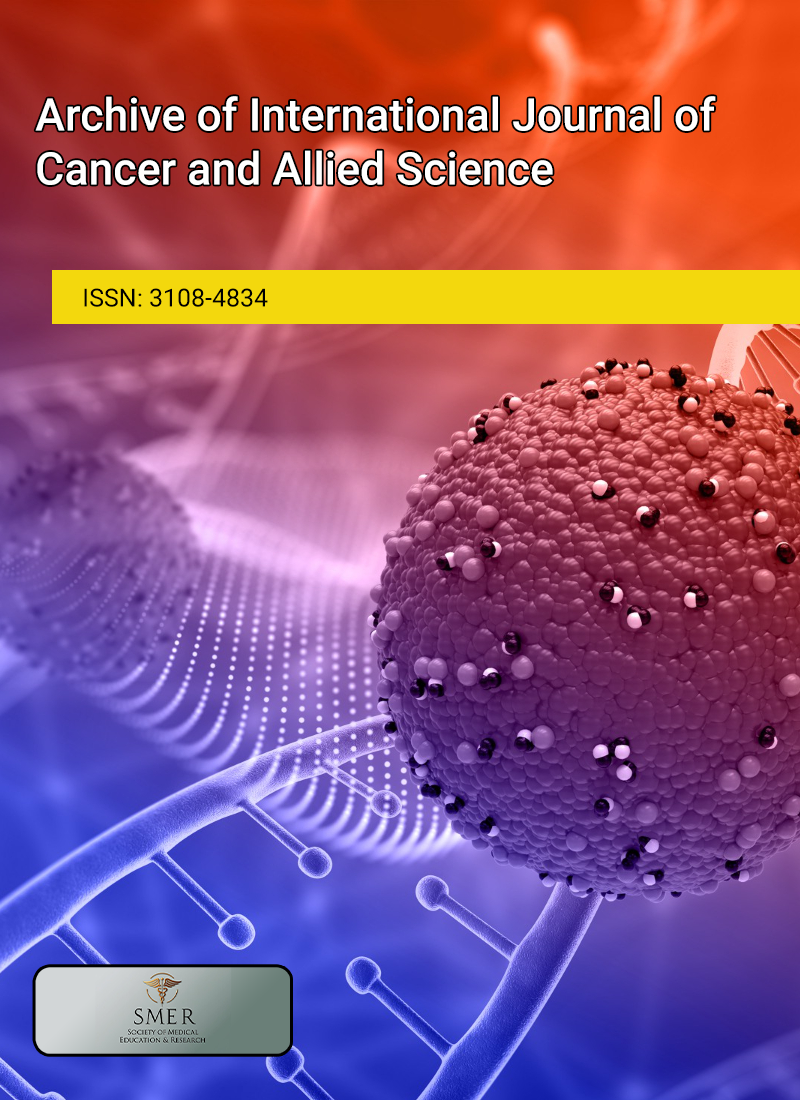
The global incidence and mortality rates of cancer are rapidly escalating, with prostate cancer ranking as the second most prevalent form of cancer in men, affecting approximately 1.41 million people worldwide (according to data from the World Health Organization (WHO)). Stevioside, a naturally occurring compound, has shown promising results in inhibiting the growth of cancer cells. This research seeks to investigate the molecular pathways responsible for the chemopreventive anticancer effects of Stevioside in prostate cancer cell lines. Prostate cancer cells were exposed to Stevioside, and the expression levels of Bcl-2, Mcl-1, and caspase-3 were measured. The findings, presented as the mean ± standard deviation from three separate experiments, were analyzed using one-way ANOVA. In PC-3 cells, Stevioside treatment significantly reduced cell viability, as indicated by the MTT assay, and resulted in a decrease in Mcl-1 gene expression with increasing concentrations. In addition, a significant increase in caspase-3 expression suggested enhanced apoptosis, while Bcl-2 levels also declined with higher concentrations, demonstrating statistical significance (P < 0.05). The results indicate that Stevioside significantly inhibits the growth of prostate cancer cells, positioning it as a potential natural therapeutic option. Further research is needed to determine the safe and effective daily intake of Stevia-based products for human use.